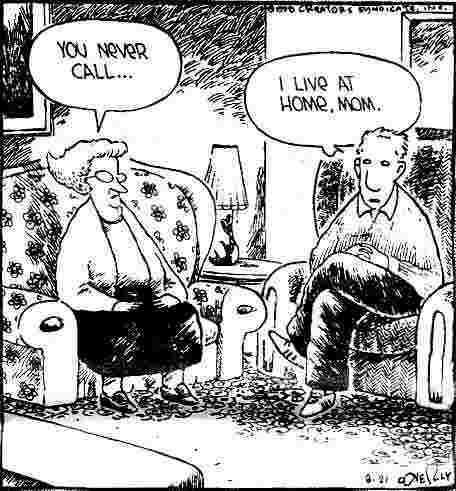 (Click to enlarge/high quality)
(Click to enlarge/high quality)View Larger Map
Filed at 8:34 p.m. ET
BUENOS AIRES (Reuters) - Raul Alfonsin, who guided Argentina's return to democracy in the 1980s after seven years of brutal military rule but failed to stave off a deep economic crisis, died Tuesday of lung cancer. He was 82.
Alfonsin died at his home in Buenos Aires, said Dr. Alberto Sadler, who had been treating the former president.
Alfonsin was president from 1983 to 1989 and won international admiration for putting on trial and jailing the former military leaders who tortured and killed thousands of suspected leftists in a vicious "dirty war."
He had been a prominent opponent of the junta that took power in 1976 and his presidency restored respectability to a country regarded as a pariah after decades of coups and often thuggish rule.
"Whether you like it or not, you are a symbol of the return of democracy," President Cristina Fernandez said last year when she unveiled a bust of Alfonsin in the government palace.
Alfonsin won the 1983 presidential election after the military dictatorship collapsed, and six years later he completed Argentina's first transfer of power from one elected president to another in decades.
He survived three military uprisings against his rule, but his term ended ignominiously when his centrist Radical Party, discredited for its handling of an economic crisis, was crushed at the ballot box by Peronist leader Carlos Menem. Alfonsin stepped down six months early with the economy in tatters.
"No president has the right to endlessly demand sacrifices from his people," a devastated Alfonsin told Argentines by television as he stepped down.
In the last part of his presidency, inflation hit a record 200 percent per month, sparking supermarket lootings and angry strikes by Peronist-controlled labor unions.
The poverty rate more than doubled under his rule to above 25 percent, and the currency lost 95 percent of its value in four months.
Alfonsin's government struggled to pay a huge foreign debt partly accumulated by the military juntas and debt-ridden state enterprises. Economists blamed the chaos on his reluctance to impose harsh measures to close a huge public deficit.
Born on March 12, 1927, in Chascomus, a town 75 miles south of Buenos Aires, Alfonsin was the son of an affluent Spanish immigrant shopkeeper and his British wife. He went to military academy but then chose to study law.
An eloquent orator, he rose through the ranks of the Radical Party -- the traditional opposition to the powerful Peronists -- and was elected to the lower house of Congress in 1963.
A political activist from his teens, he was jailed three times, first by the government of President Juan Peron and later twice for protesting against the military government that ruled Argentina in the late 1960s.
Married and with six children, he was an influential human rights leader during the 1970s and under military rule he risked his life offering free legal services to present writs of habeas corpus for leftists abducted by security forces.
After taking office he made a bold step unprecedented in Latin America, ordering the trial of former military leaders.
Five were convicted and imprisoned for human rights crimes, and an official report estimated 11,000 people disappeared and died under the regime.
However, Alfonsin later signed a controversial decree to halt trials, under constant pressure from the military.
"I was convinced that we couldn't build democracy based on total immunity, but it was impossible to put 2,000 members of the military on trial. We didn't have any weapons," Alfonsin told Reuters in a 2006 interview.
Alfonsin remained influential during the 1990s, helping to forge an alliance between the Radicals and dissenting Peronists that led to a Radical winning the presidency in 1999.
But when the Radicals were disgraced during the 2000-2001 economic meltdown, Alfonsin distanced himself from the party he had belonged to for decades.








